Perched at an altitude of 13,000 feet in the heart of the Andes is a poor mining town called Progreso, and it is to that isolated piece of land that flirts with the sky that Fr. Hervé de Penfentenyo was sent from France at the end of 2012 . When he arrived, the 42-year-old man of God opted to use his middle name, Christian, because it is much easier to pronounce for Peruvians.
Fr. Hervé discovered Peru in 2001 during a volunteer outreach trip focused on the education of poor and abandoned youth. After a year of mission work, he chose to answer the call to the priesthood and then studied theology in Toledo before being ordained a priest on July 3, 2011. He returned to Peru shortly afterward, at the call of the bishop who oversees the Apurímac region, to the west of the famous imperial city of Cuzco in Peru. Fr. Hervé bears witness to the faith of the Amerindians: “In Europe, we think things. I would say that in Latin America, we feel them. Here, people have less doctrinal or catechetical knowledge than in Europe, but they have a striking devotion to Jesus, the Virgin and the saints. God is familiar to them,” he says.
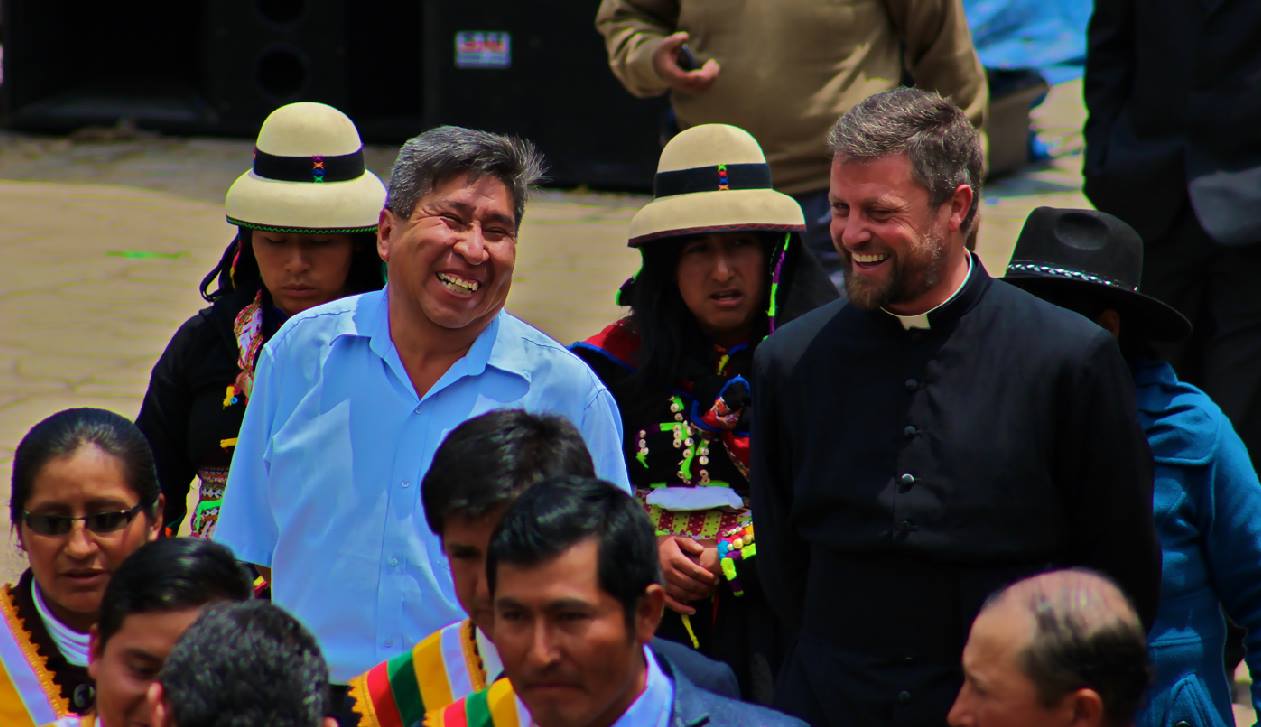
A culture marked by superstition
Today Fr. Hervé is the pastor of the Catholic parish in Progreso, which is rich in gold and copper but very poor in social, educational, health, and ecclesial structures. In the region, foreigners exploit the mines and there are next to no economic benefits for the inhabitants because of disastrous management and corruption by the local authorities. The Church enjoys a certain authority because its religious and priests live austerely and dedicate themselves to the service of the poor and the young. “We are still in a phase of laying the foundations of the Christian life with a population marked by a natural religion that is superstitious and fatalistic,” Fr. Hervé says.
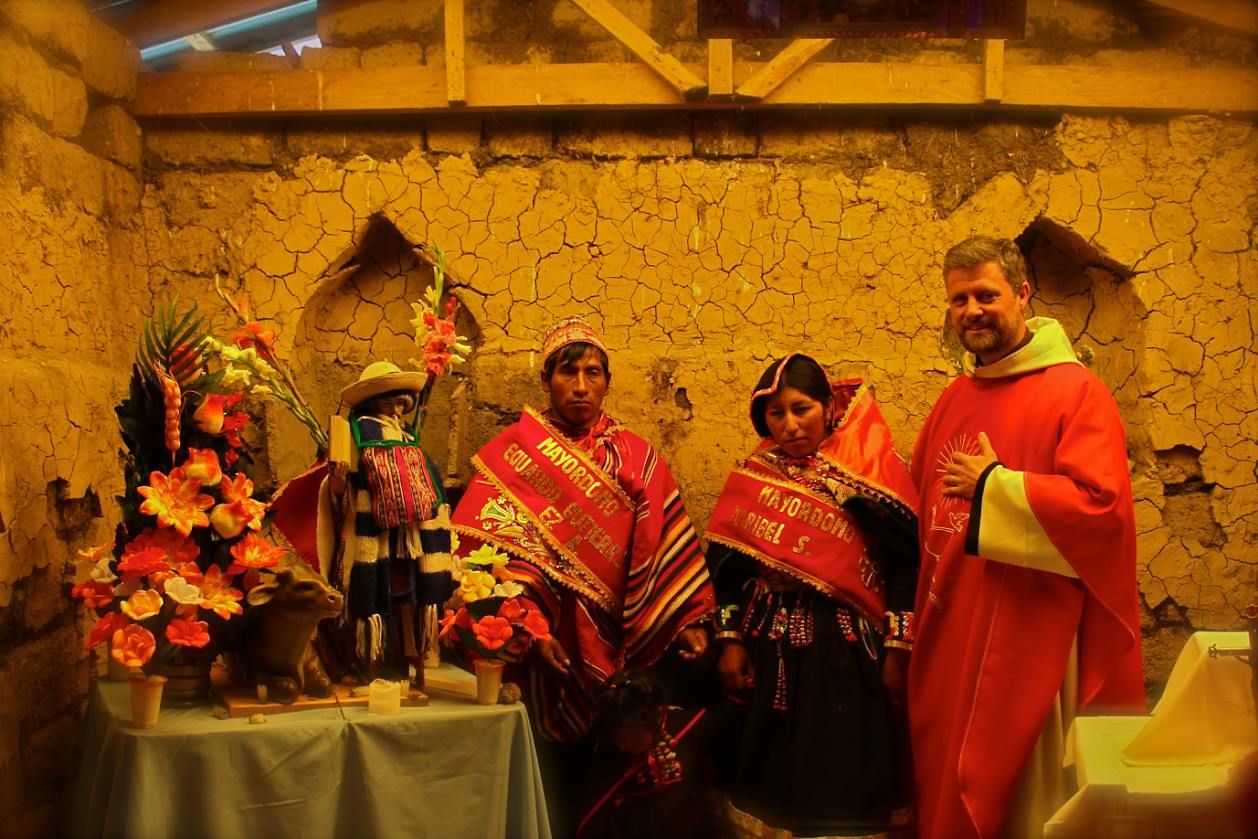
He carries out his apostolate within schools, the only places that bring together all the young people from village communities. But he also meets them on home visits and in informal meetings. Because on mission, he explains, the priest is asked not only for priestly tasks, but also for work. The missionaries who preceded him in Progreso took care of building the bridges, cleaning the water, building bread ovens … Missionary work and multitasking often go hand in hand.
The Christian life, a factor of progress
The enthusiastic pastor describes a typical day: Here, the villages do not resemble those of the French countryside. At this altitude, the air is thin. The mud houses and thatched roofs are scattered and connected by small, winding dirt roads. As early as 5 a.m., the occupants of the households are busy. One is working over an open fire to prepare the breakfast soup; another is under the tap to wash his face in icy water before setting out on the road to his crops with his donkey. During the day, the women keep their flocks while the men go to the mine. The grandmothers stand guard in small cabins, keeping the fire going and spinning sheep or alpaca wool. Night falls early — around 6:30 p.m. — so few people come to the chapel for the evening Mass. “And yet, it is not for lack of ringing the old bell,” Father Hervé notes with humor.
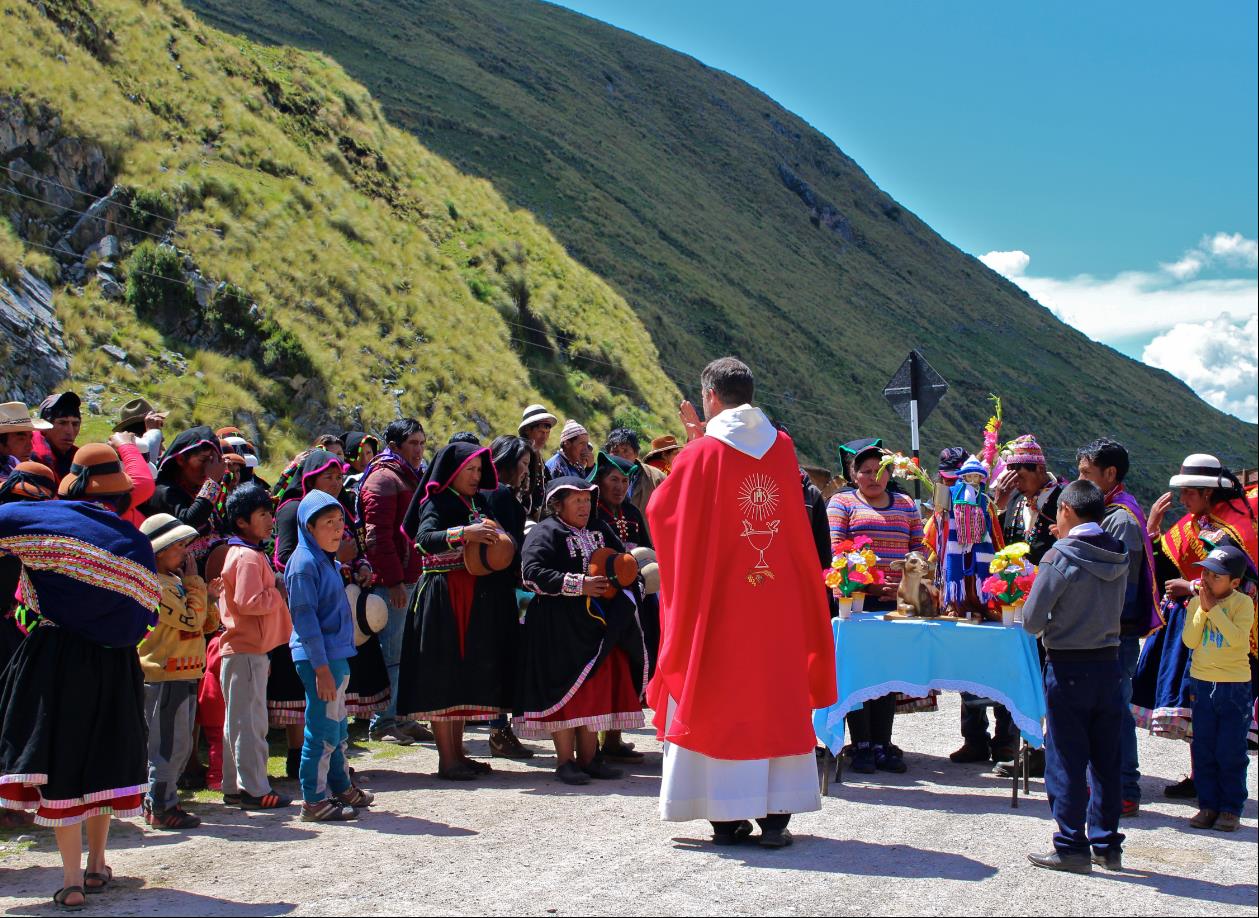
“Our presence in the middle of this daily Christmas creche brings us back to a very supernatural fact: we are in the midst of a people who will be sanctified first of all by our prayer life, and also, we hope, by the various meetings (at school, in the fields, during village festivals …) during which we take care to read and comment on the Word of God,” the priest says.
Burials are privileged moments to meet everyone. On these occasions, the whole village meets to keep vigil over the deceased for two or three days in his hut, then at the funeral Mass, and finally at the time of the long procession to the cemetery, always located at the top of villages. “It seems to me that if we are faithful to a humble presence in our villages, fervent in the life of prayer and service to the poor, our people will sooner or later turn to the Gospel. Moreover, our village communities can begin to make real progress in their social, educational, health, and political structures. I think that the Christian life and the Gospel are a factor of progress, much more than the occasional visit of an NGO, even if it is generous.” For this shepherd of souls, “it would be a mistake to want to measure the results of our missionary life on a purely humanitarian scale.”
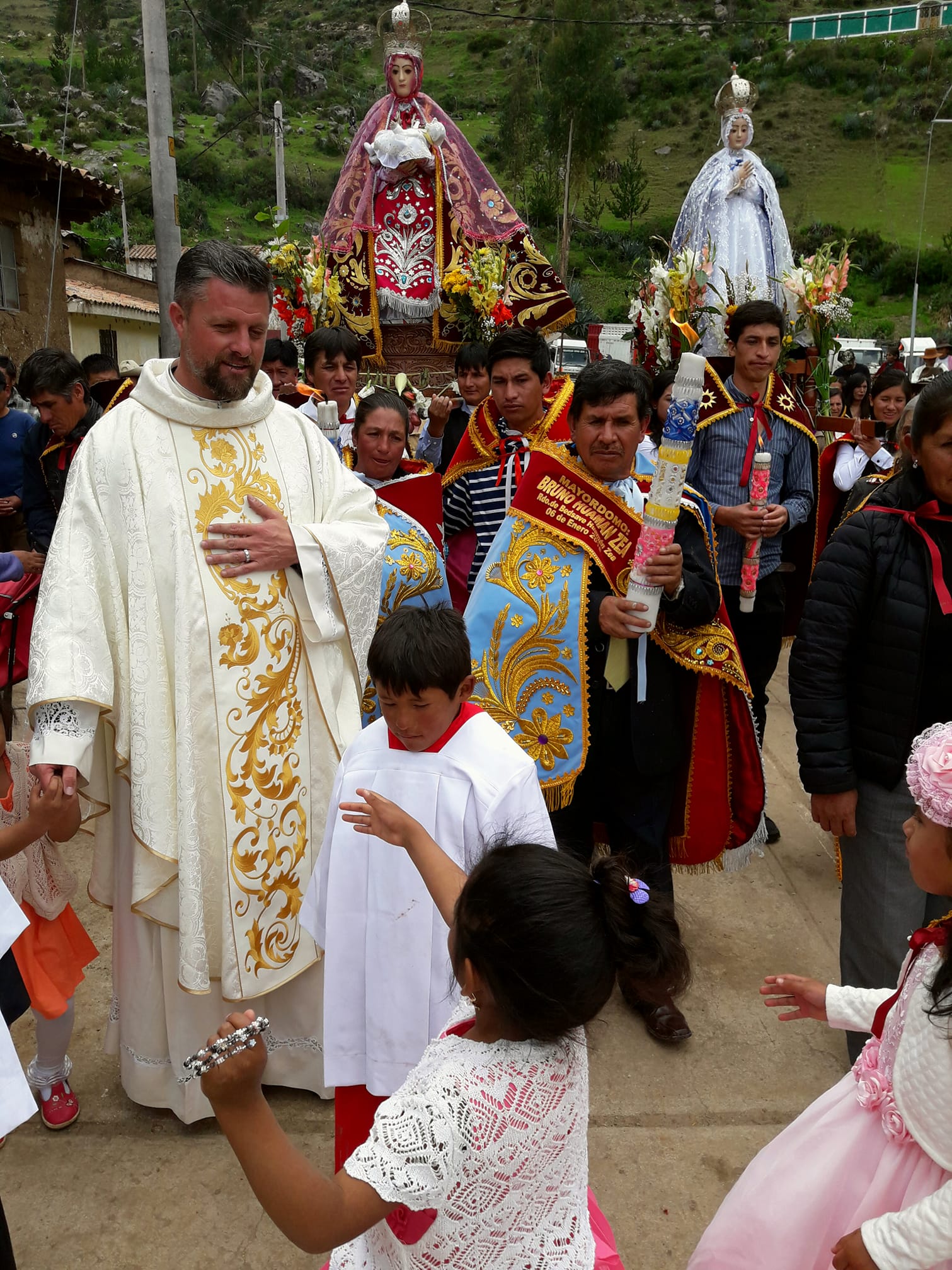
A vocation thanks to Point-Coeur and L’Arche
The missionary vocation of Fr. Hervé has formed over time. The youngest of 12 siblings, he recognizes the importance of the family environment. “The family factor was an ingredient, but a number of others were needed. My path in the form of mountain trails allows me today to be very proud of my vocation as a missionary priest and to be more focused on the person of Christ.”
His training with Point-Coeur in Brazil, as well as his proximity to Jean Vanier’s l’Arche, fueled his desire. “At l’Arche, you leave planet Earth for a station of emotional and warm weightlessness, that of the disabled and the wounded in life. You see the realities of the world from the heart,” he says with poetry. When the Church, through the voice of his bishop, let him know that she was thinking of sending him to Peru, he said yes. “If one chose ‘his’ mission,” he wonders, “wouldn’t there be a risk of not listening to yourself and choosing something that is ultimately too much to handle? What about our maturity and our growth in the mysteries of the life of the disciple of Jesus?”
He quotes St. Peter and the Curé of Ars, who experienced doubts. And he concludes with confidence: “When we generously accept a mission, we realize over time that moments of difficulty and discouragement are opportunities to grow in trust and friendship with Christ. By living this spirit of free submission, we become more and more in tune with certain pages of the Gospel. That does not prevent us from stumbling, but this mission which we did not choose ourselves is a real guarantee of peace, strength and joy!”
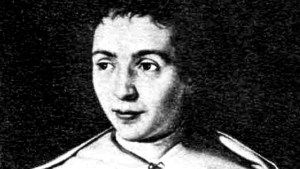
Read more:
This zealous Wisconsin missionary heard confessions for 14 hours a day
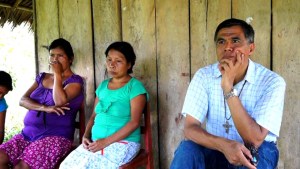
Read more:
In Peru, politics has lost all credibility but the Church is still a revered institution

